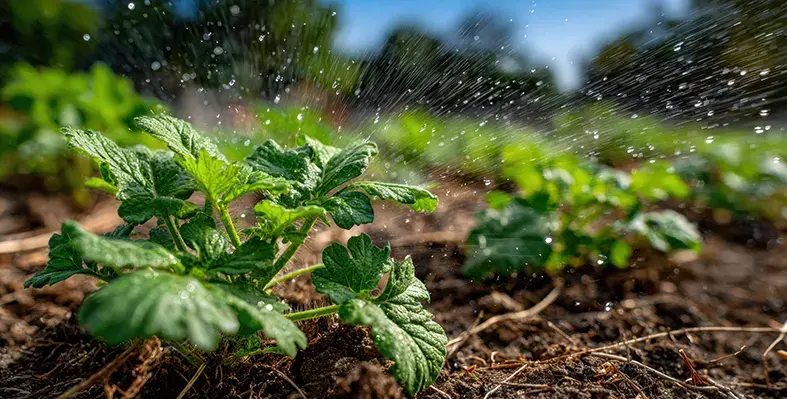Namibia’s Ministry of Agriculture is rolling out a US$34mn investment for the 2025/26 financial year to support rain-fed agronomic farming, targeting long-term food security, climate resilience, and rural livelihoods
The funding, announced under the Dry Land Crop Production Programme (DCPP) and supported by the Cereal Value Chain Development Programme (CVCDP) and Comprehensive Conservation Agriculture Programme (CCAP), will reach thousands of small-scale and subsistence farmers across the country.
The initiative will support farmers in 10 key crop-growing regions: Zambezi, Kunene, Omaheke, Otjozondjupa, Kavango East, Kavango West, Ohangwena, Oshikoto, Oshana, and Omusati. The CCAP, meanwhile, will operate across all 14 regions, enhancing conservation practices and climate-smart agriculture techniques.
Each region will receive a tailored portion of the funding, with Zambezi set to receive over US$3.8mn, while Ohangwena, Omusati and Oshikoto will each receive US$2.9mn. Support will come in the form of subsidised seeds, fertilisers, and mechanised tillage services.
Farmers will also benefit from a 50% subsidy on pesticides and herbicides, and US$400 per hectare weeding support (up to five hectares per household). Additionally, the programme offers storage and post-harvest processing support, including up to US$10,000 for grain storage, US$30,000 for hammer millers, and US$30,000 for threshers.
Interested farmers are encouraged to register at the nearest Agriculture Development Centre to access these subsidies.
The overarching goal is to boost yields, food and nutrition security, and reduce poverty and income inequality. The programme also aims to create jobs and build resilient agricultural value chains by supporting inputs and capacity building.
Through these well-structured interventions, Namibia is stepping up its fight against hunger, climate shocks, and rural poverty empowering its farmers to feed the nation from the ground up.





